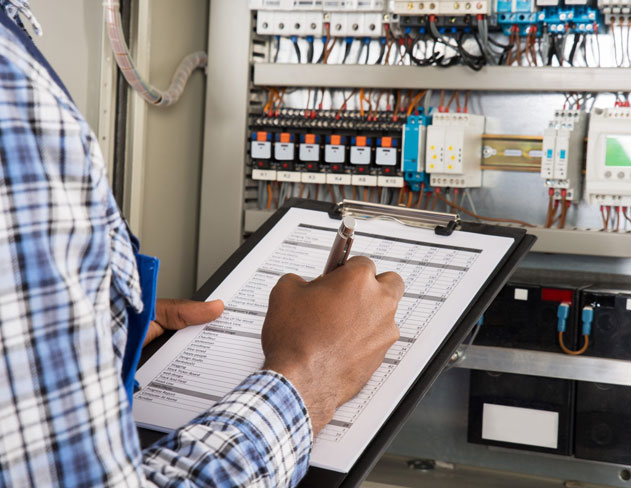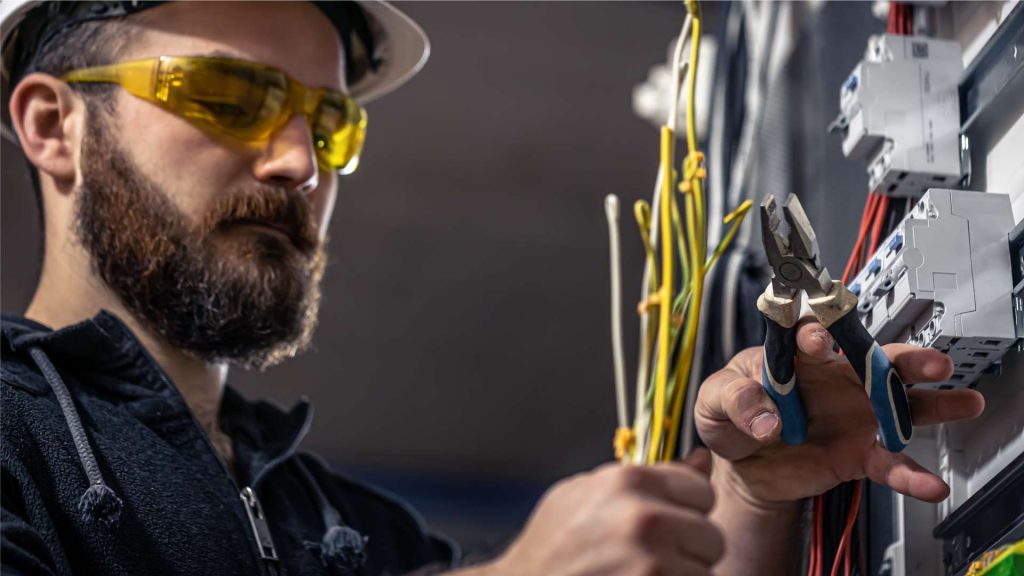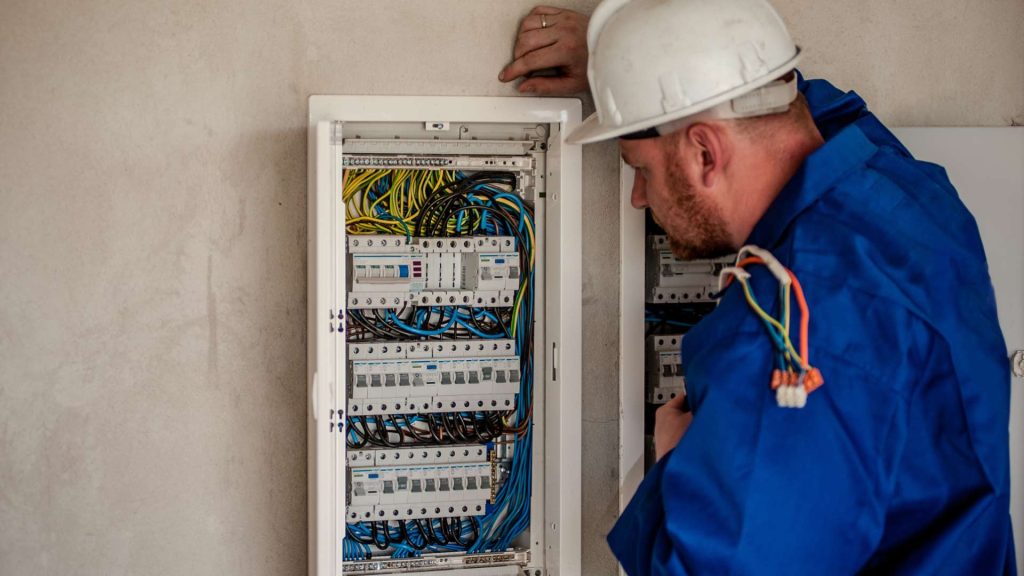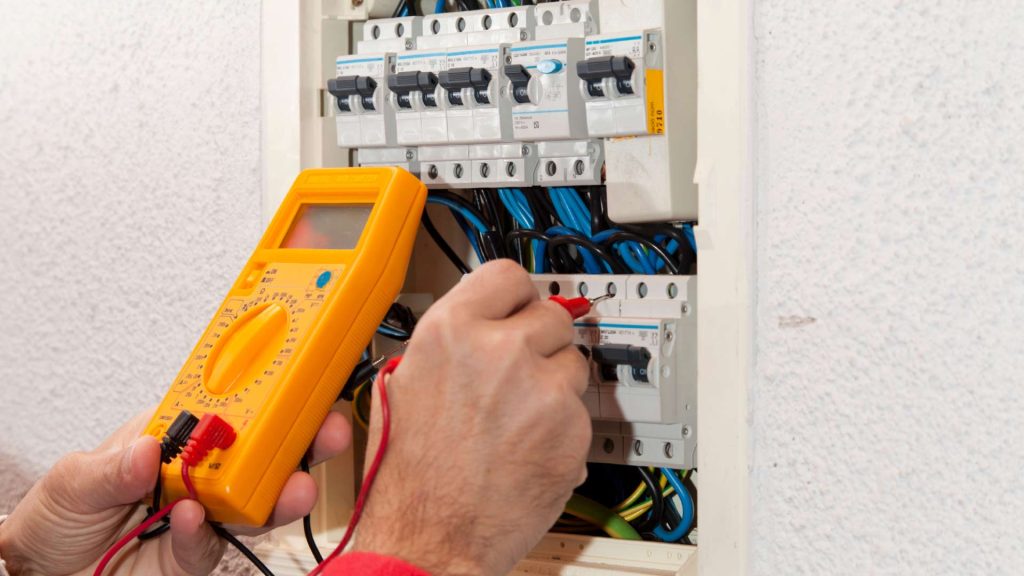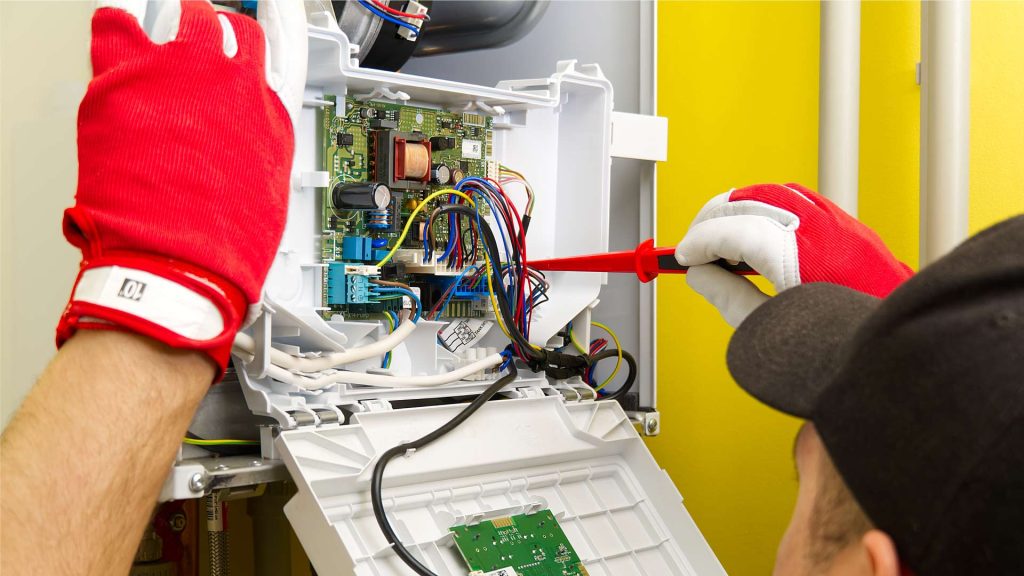Houses in Multiple Occupation (HMOs) are controlled by more extensive rules and regulations than the standard rental property.
If your rental house has five or more individually let rooms, these rules apply to you. However, some councils require these rules to be adhered to even if your HMO has fewer than five separate tenants, so it is best to check with your local authority to be sure.
The government has set out several specific guidelines for landlords of HMOs to abide by to ensure high-quality, safe and secure housing. Some are things you can do yourself, such as maintaining the condition of the property. Others require professionals to test and/or install and we’ll discuss these below:
Electrical Testing – EICR
The Management of Houses in Multiple Occupation (England) Regulations 2006 set out several specific guidelines for landlords of HMOs to abide by but these have since been repealed when new regulations came into force on 1st June 2020. These ensure landlords of all rental properties, including HMOs, regularly test the electrical installations and provide the relevant electrical safety certificates.
Your electrical installations need to be tested every five years (or more regularly if your installations are particularly old) by a fully qualified electrical inspector. The landlord’s certificate you will need to get to prove this test has been carried out is an Electrical Installation Condition Report (EICR). One of our expert team can carry out the inspection and provide the electrical certificate for you.
Any remedial works identified in this report will also need to be dealt with either immediately if dangerous, or within 28 days. Again, one of our expert engineers will be happy to help you with this. The local authority may fine landlords up to £30,000 if regular inspections and/or necessary remedial works are not carried out.
Read more on our landlord’s guide to HMO EICR regulations here.
Health and Safety – PAT Testing
Did you know that 53.4% of accidental home fires in England were caused by electrics in 2018-2019, with 25.9% caused directly by faulty electrical appliances?
Portable Appliance Testing (PAT) is the inspection of electrical appliances to ensure they are safe for your tenants to use and to keep your property safe. The type of electrical appliances that will be tested are things such as toasters, kettles, TVs and anything else that can be plugged and unplugged. Although this type of test isn’t a legal requirement in England and Wales for all rental properties it does apply to HMOs.
There are no legal requirements on how often you should PAT test your electrical appliances but it is suggested that they are done for each new tenancy and after that around every one year for small appliances and every three years for fixed appliances such as ovens and cooker hoods.
Read more on PAT Testing here or speak to our friendly team to book in your PAT test today.
Fire Safety & Carbon Monoxide Alarms
HMOs need adequate fire and carbon monoxide alarms depending on the size of your property.
Most landlords are required to install carbon monoxide alarms throughout the property. As the HMO licence obligates the installation of safety equipment such as fire doors, fire blankets and fire extinguishers, they are exempt from these particular carbon monoxide alarm regulations. Unlicensed HMOs will still need to follow these rules, however.
You’ll also need to have a fire risk assessment carried out for common areas in your HMO as required by the Fire Safety Order and obtain the relevant fire safety certificate.
Your local authority may serve a remedial notice if the necessary fire safety standards are not met.
Gas Safety Regulations
To ensure the safety of gas fittings and appliances, landlords of licensed and unlicensed HMOs must carry out gas safety checks every 12 months and provide a copy of the gas safety certificate to the local authority, if requested.
A gas safety inspection consists of checks on all gas appliances and the meter to ensure there are no leaks and should only take around half an hour. Any remedial works will need to be completed within a reasonable time.
Follow these guidelines and requirements and your HMO will be a perfectly safe home for your tenants and a secure investment for you. For all your electrical safety needs, speak to a member of our friendly team.

